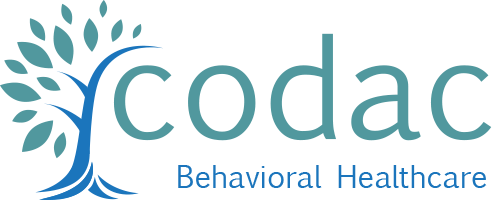By Jennifer Henderson
July 15, 2020
As the city expands its recently launched methadone delivery program, new data from outside New York points to initial successes in the at-home treatment of the opioid-use disorder.
Codac Behavioral Healthcare, the largest nonprofit outpatient provider for opioid treatment in Rhode Island, has focused on maintaining access to care during the Covid-19 crisis. The organization says results so far have been positive.
“The primary goal was to mitigate exposure to the virus,” said Linda Hurley, president, and CEO of Codac. To help do so, between April 1 and May 15, the organization provided nearly 160,000 doses of methadone to be self-administered outside of the clinic. The medication went to those who usually visited daily or several times a week, had been released early from prison, was in a homeless shelter, or had been self-isolating.
About 60% of the doses would not have been distributed outside of the clinic before the pandemic, Hurley said. However, only under 1% of the medication was not managed well, with people losing or taking too many doses.
Experts concur that long-term data on outcomes during the pandemic will be important in determining what measures are helpful to keep in place after Covid-19 subsides. Eased regulations for take-home doses and the virtual initiation of medication-assisted treatment have been part of the efforts to safely maintain access to care for a vulnerable population.
To aid in supplying data, Codac, in coordination with the Brown University School of Public Health, has begun measuring efficacy and patient satisfaction with telehealth services during medication-assisted treatment. Preliminary results are expected next month. —Jennifer Henderson


Recent Comments